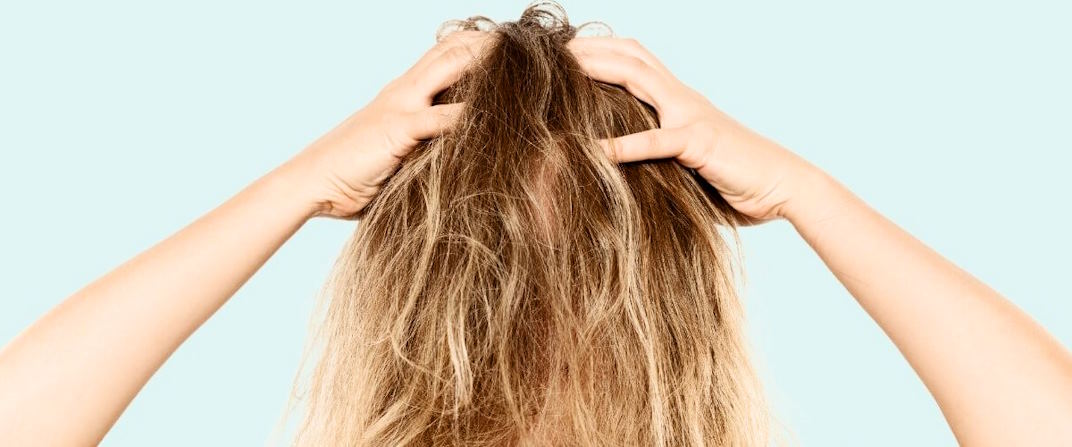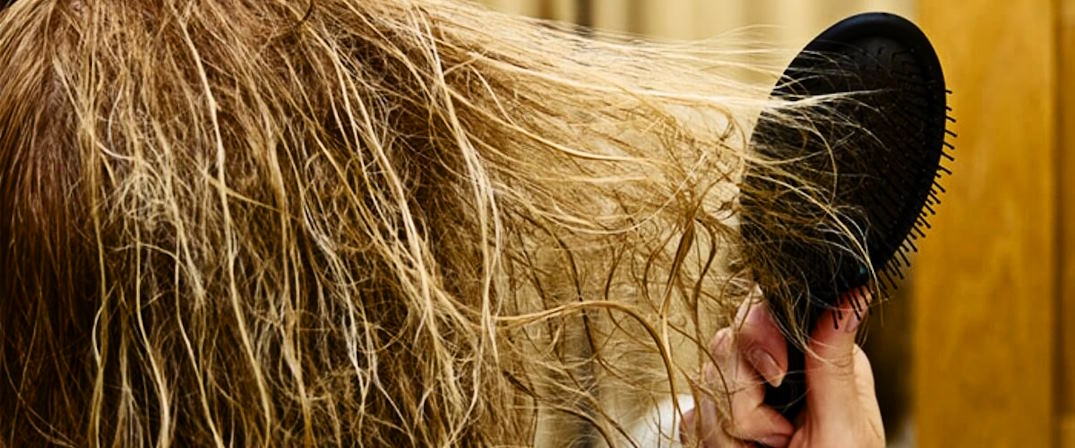
Why Hair Gets Tangled and How to Avoid It: Tips for Smooth and Tangle-Free Tresses
Hair tangles are a common and frustrating hair experience experienced by many. Whether you have long or short hair, dealing with knots and tangles can be time-consuming and sometimes painful. Understanding why hair gets tangled and implementing preventive measures can help you achieve smooth, tangle-free tresses. This article will explore the reasons behind tangled hair and provide practical tips to avoid it, leaving you with manageable and beautiful locks.
Hair Texture and Length
Hair texture and length play a significant role in tangling. Curly or coily hair tends to tangle more easily due to its structure, as the bends and twists create opportunities for strands to intertwine. Additionally, long hair is more prone to tangling simply because more hair can come into contact and knot up. Regular trims and hairstyles that reduce friction can help minimize tangling in long hair.
Tip
Consider a shorter haircut or use protective hairstyles like braids or buns to prevent excessive tangling.
Lack of Moisture
Dry hair is more susceptible to tangling, lacking moisture and natural oils to keep the strands smooth and sleek. Factors such as overexposure to the sun, harsh weather conditions, and frequent use of heat-styling tools can contribute to dryness and tangling.

Tip
Regularly use a hydrating and nourishing conditioner to keep your hair moisturized and prevent tangles. A leave-in conditioner or hair oil can also provide added protection and hydration.
Friction and Rubbing
Friction is a common cause of hair tangling. Sleeping on rough pillowcases, wearing certain fabrics like cotton, or constantly touching and playing with your hair can lead to knots and tangles.
Tip
Invest in silk or satin pillowcases, which create less friction and are gentler on your hair. Consider tying your hair in a loose bun or braid to minimize rubbing against your clothing throughout the day.
Environmental Factors
Environmental elements like wind, humidity, and pollutants can contribute to tangled hair. Wind can blow hair in different directions, causing it to become tangled, while humidity can increase frizz and tangling in curly hair.
Tip
Wear protective hairstyles like updos or ponytails on windy days to reduce hair exposure. Consider using anti-frizz products and serums to manage hair in humid conditions.

Improper Hair Care
Harsh hair brushes or combs, aggressive detangling techniques, and rough towel-drying can contribute to hair tangling and breakage.
Tip
Invest in a wide-tooth comb or a detangling brush and start detangling from the ends, working your way up to minimize pulling and breakage. Instead of rubbing your hair with a towel, gently squeeze out excess water or use a microfiber towel to reduce friction.
Tangled hair can be a source of frustration, but understanding the reasons behind it and implementing preventive measures can significantly reduce the occurrence of knots and tangles. Remember to consider your hair texture and length, keep your hair well-moisturized, and be mindful of friction and environmental factors. Adopting proper hair care practices and being gentle with your tresses allows you to enjoy smooth, tangle-free hair that looks and feels healthy and beautiful.
